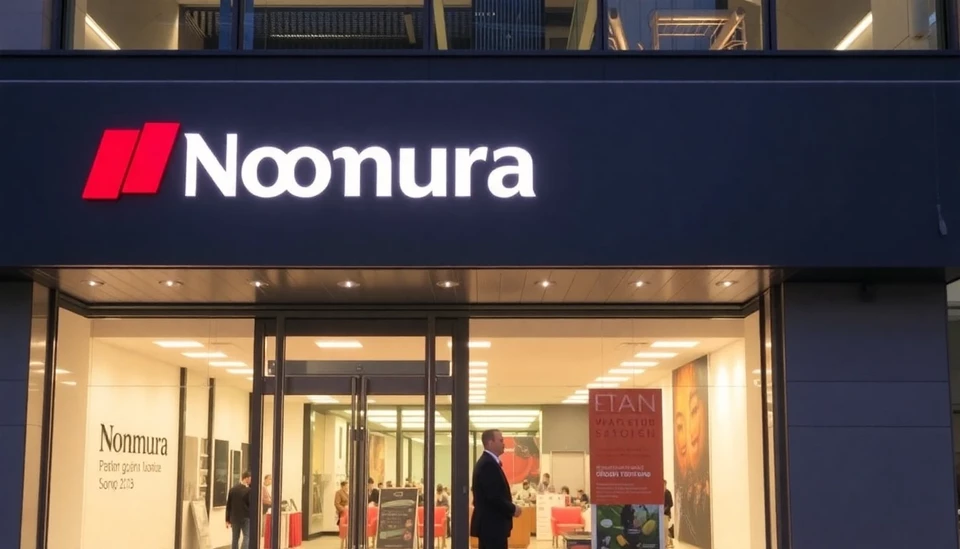
In a significant shift in the financial landscape, private equity firms are increasingly leveraging their negotiation power to secure more favorable terms from banks amid a shrinking deal environment. This trend illustrates the evolving dynamics between lenders and investors as the market faces declining activity largely due to economic uncertainties and rising interest rates.
The current climate has led many banks to tighten their lending practices, making it harder for companies to secure financing for mergers and acquisitions (M&A). However, private equity firms are showing resilience as they capitalize on their substantial capital reserves and investor backing, allowing them to present appealing opportunities to banks that may be running low on deal flow.
Traditionally, banks held significant sway in negotiations, dictating terms and standards in the lending process. However, with M&A activity decreasing, private equity firms are stepping up, demanding better pricing and conditions for the capital they seek. This pivot is attributed to several factors, including falling asset valuations and a competitive push among firms eager to deploy raised funds.
Moreover, banks are now facing pressure as private equity firms push for greater participatory structures in deals, including hybrid agreements that intertwine equity and debt, further complicating traditional lending behavior. Such shifts can potentially reshape the banking industry’s approach to financing, especially as firms navigate through slower economic conditions.
Industry experts note that this turn of events may compel banks to become more flexible and creative in their deal-making processes. In a market with fewer deals, maintaining relationships with private equity firms has never been more crucial for banks that rely on M&A activity for their profitability and growth.
As private equity's influence grows, there are concerns about the long-term implications for market stability and competitive balance. Some analysts suggest that this could lead to increased risks as lenders may lower their credit standards to attract more private equity business, potentially inviting adverse outcomes in less favorable economic times.
In summary, private equity is not only weathering the current market storm but is also gaining momentum to transform how financial negotiations occur. As banks adjust to these changing tides, the outcomes of such negotiations will likely play a vital role in shaping the future landscape of investment and financing.
As the dynamics of deal-making continue to evolve, stakeholders will be closely watching how banks and private equity firms adapt and strategize in this challenging environment.
#PrivateEquity #BankingTrends #DealMaking #FinanceNews #InvestmentLandscape #EconomicUncertainty
Author: Victoria Adams




